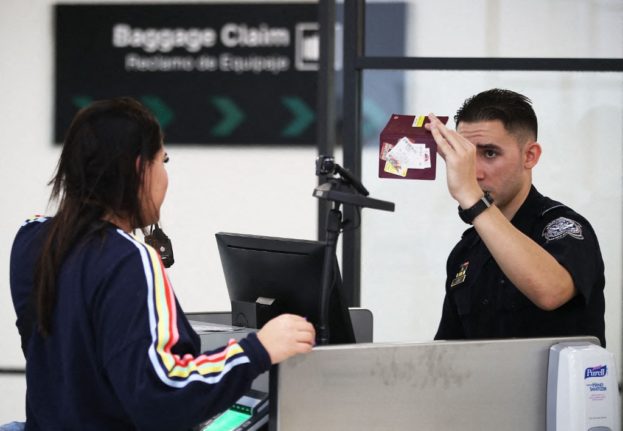Moriscos, meaning Moors in English, was the name given to the Spanish Muslims who decided to convert to Christianity to avoid expulsion under monarchs Isabella and Ferdinand in the early 1500s.
Although they were allowed to remain in Spain for over a century longer than their Jewish counterparts, King Philip III decreed the Expulsion of the Moriscos in 1609, forcing them all to flee to neighbouring Muslim North Africa.
Now that Spain’s Justice Ministry has decided to grant citizenship to the descendants of the Sephardi Jews who were kicked out 522 years ago, associations fighting to keep the memory of Muslim Spain alive are calling for the same civil code changes for the Moriscos.
“The Spanish State should grant the same rights to all those who were expelled, otherwise their decision is selective, if not racist,” Bayi Loubaris, President of the Association for Historical Legacy of Al-Andalus told Spanish news agency EFE.
Loubaris still believes the ruling granting citizenship to Spain’s Sephardi Jews is “very positive”, arguing it acts as acknowledgment of the “guilt of the Spanish State in expelling its own citizens”.
Even though the descendants of Spain's Moriscos have less chance of obtaining dual nationality than Sephardi Jews, Loubaris’s association is primarily focussed on obtaining recognition for what happened to Spain's Muslim population and how they left their mark on Spanish culture.
This can be seen in physical form with the Grand Mosque of Cordoba and the Alhambra Palace in Granada.
Their legacy is predominantly alive in the northern Moroccan cities of Fez, Rabat and Tetouan, where they became city aristocrats and occupied positions of power.
Although the approximately 300,000 Morisco descendants in Northern Africa no longer speak Castilian Spain, they took with them the architecture, gastronomy and music which typifies Andalusia to this day.
Don't miss stories about Spain, join The Local on Facebook and Twitter.



 Please whitelist us to continue reading.
Please whitelist us to continue reading.
Member comments